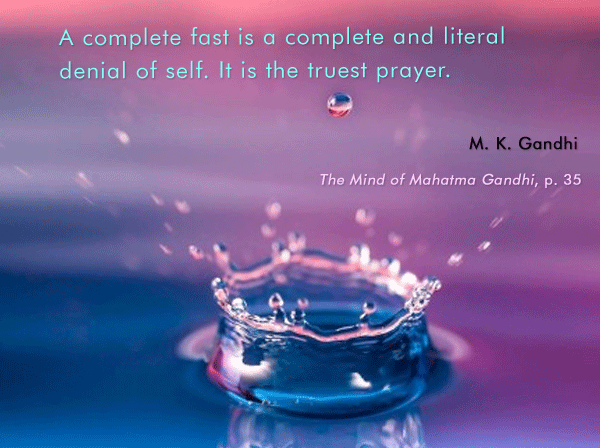96. SOME REMINISCENCES OF THE BAR :
Before coming to a narrative of the course my life took in India, it seems necessary to recall a few of the South African experiences which I have deliberately left out.
Some lawyer friends have asked me to give my reminiscences of the bar. The number of these is so large that, if I were to describe them all, they would occupy a volume by themselves and take me out of my scope. But it may not perhaps be improper to recall some of those which bear upon the practice of truth.
So far as I can recollect, I have already said that I never resorted to untruth in my profession, and that a large part of my legal practice was in the interest of public work, for which I charged nothing beyond out-of-pocket expenses, and these too I sometimes met myself. I had thought that in saying this I had said all that was necessary as regards my legal practice. But friends want me to do more. They seem to think that, if I described however slightly, some of the occasions when I refused to swerve from the truth, the legal profession might profit by it.
As a student I had heard that the lawyer's profession was a liar's profession. But this did not influence me, as I had no intention of earning either position or money by lying.
My principle was put to the test many a time in South Africa. Often I knew that my opponents had tutored their witnesses, and if I only encouraged my client or his witnesses to lie, we could win the case. But I always resisted the temptation. I remember only one occasion when, after having won a case, I suspected that my client had deceived me. In my heart of hearts I always wished that I should win only if my client's case was right. In fixing my fees I do not recall ever having made them conditional on my winning the case. Whether my client won or lost, I expected nothing more nor less than my fees.
I warned every new client at the outset that he should not expect me to take up a false case or to coach the witnesses, with the result that I built up such a reputation that no false cases used to come to me. Indeed some of my clients would keep their clean cases for me, and take the doubtful ones elsewhere.
There was one case which proved a severe trial. It was brought to me by one of my best clients. It was a case of highly complicated accounts and had been a prolonged one. It had been heard in parts before several courts. Ultimately the book-keeping portion of it was entrusted by the court to the arbitration of some qualified accountants. The award was entirely in favour of my client, but the arbitrators had inadvertently committed an error in calculation which, however small, was serious, inasmuch as an entry which ought to have been on the debit side was made on the credit side. The opponents had opposed the award on other grounds. I was junior counsel for my client. When the senior counsel became aware of the error, he was of opinion that our client was not bound to admit it.
He was clearly of opinion that no counsel was bound to admit anything that went against his client's interest. I said we ought to admit the error.
But the senior counsel contended: 'In that case there is every likelihood of the court cancelling the whole award, and no sane counsel would imperil his client's case to that extent. At any rate I would be the last man to take any such risk. If the case were to be sent up for a fresh hearing, one could never tell what expenses our client might have to incur, and what the ultimate result might be!'
The client was present when this conversation took place.
I said : 'I feel that both our client and we ought to run the risk. Where is the certainty of the court upholding a wrong award simply because we do not admit the error? And supposing the admission were to bring the client to grief, what harm is there?'
'But why should we make the admission at all?' said the senior counsel.
'Where is the surety of the court not detecting the error or our opponent not discovering it?' said I.
'Well then, will you argue the case? I am not prepared to argue it on your terms,' replied the senior counsel with decision.
I humbly answered: 'If you will not argue, then I am prepared to do so, if our client so desires. I shall have nothing to do with the case if the error is not admitted.'
With this I looked at my client. He was a little embarrassed. I had been in the case from the very first. The client fully trusted me, and knew me through and through. He said: 'Well, then, you will argue the case and admit the error. Let us lose, if that is to be our lot. God defend the right.'
I was delighted. I had expected nothing less from him. The senior counsel again warned me, pitied me for my obduracy, but congratulated me all the same. What happened in the court we shall see in the next chapter.
Mahatma Gandhi
Next : 97. (122-193)-SHARP PRACTICE?
To be continued ...





Comments